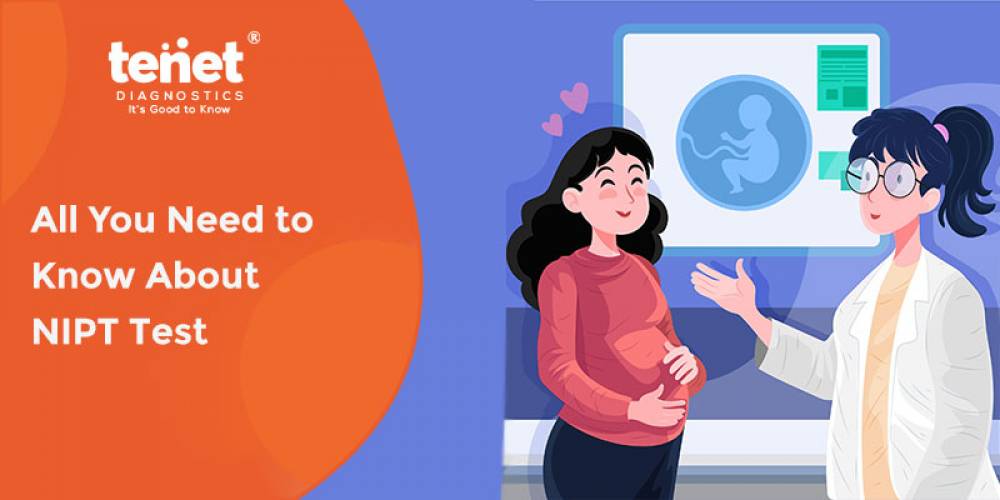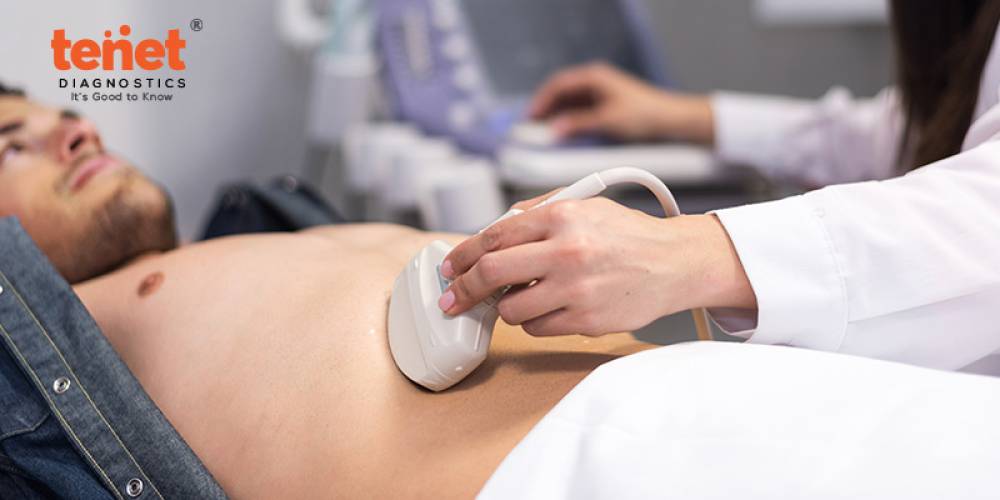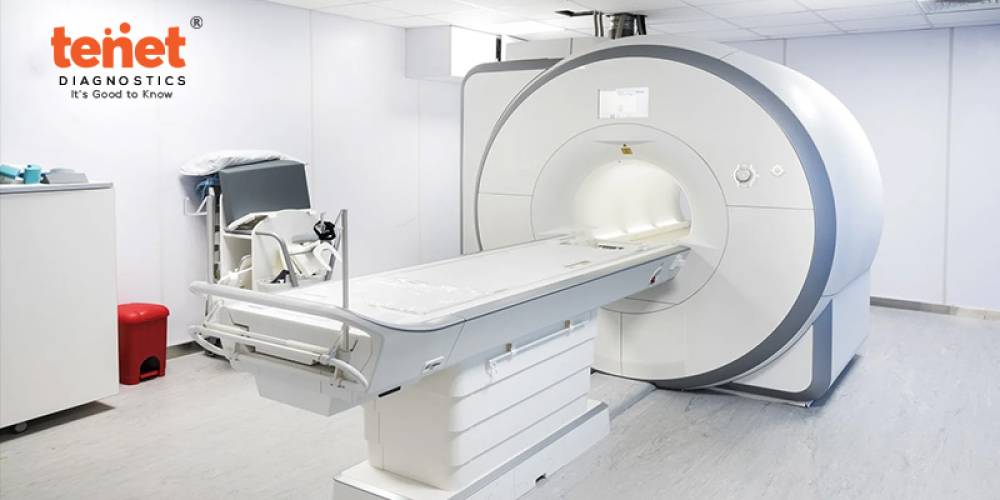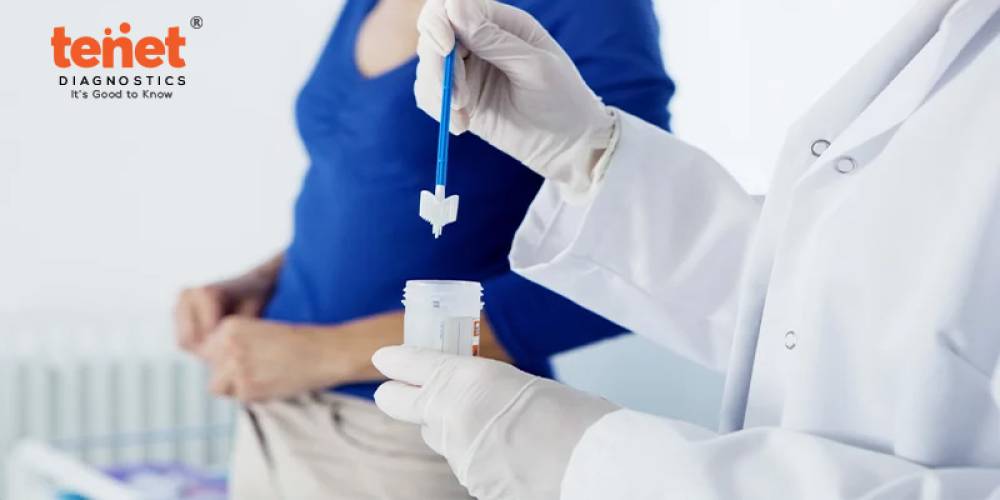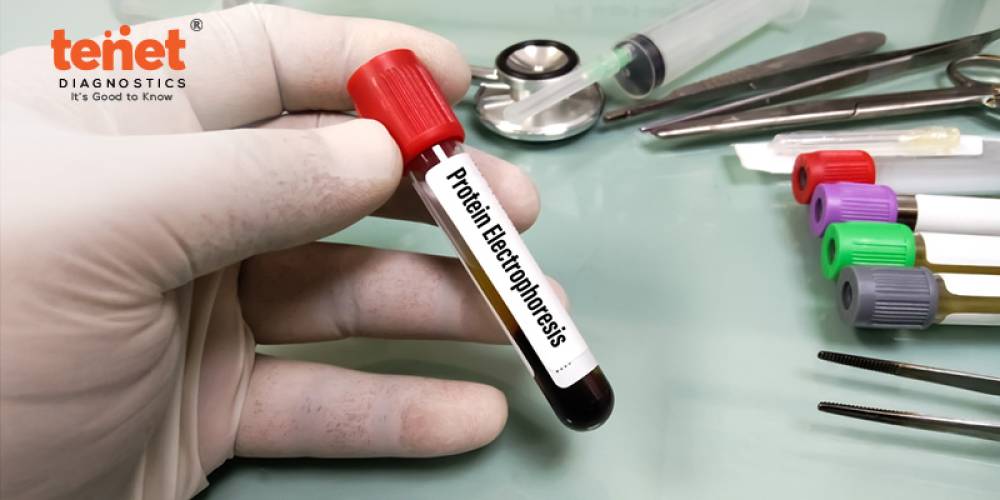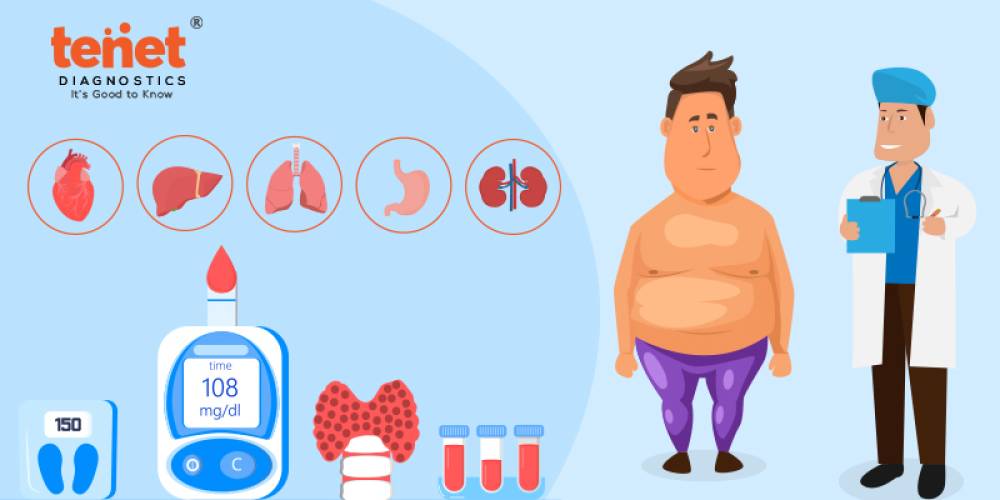The NIPT prenatal test, also known as the noninvasive prenatal screen (NIPS), is a screening test used to determine the risk of specific chromosomal abnormalities in a developing fetus. NIPT is used to screen for disorders such as Down syndrome and is often performed during the first or second trimester of pregnancy, after 10 weeks.
NIPT test is a screening test and not a diagnostic test. This blood test analyzes fetal DNA in the mother’s bloodstream. The test is non-invasive since it poses no harm to the fetus and does not require a procedure such as an amniocentesis (a procedure in which a sample of amniotic fluid is taken for testing).
NIPT can provide valuable information about the risk of specific chromosomal abnormalities in a developing fetus. If the NIPT results indicate an increased risk of a chromosomal abnormality, the doctor may recommend further testing to confirm the diagnosis. So let us continue reading to learn everything about the NIPT test.
What Is Noninvasive Prenatal Testing?
Our DNA contains all the genetic information needed to maintain proper health and development. It exists as 23 pairs of chromosomes in our cells. During pregnancy, chromosomal abnormalities in the developing infant can occur due to faulty egg or sperm production or during the baby's initial stages of development.
These chromosomal anomalies can impact a baby's health and well-being. Thus, it is critical to detect any abnormalities as soon as possible. NIPT test for pregnancy provides a clear positive or negative result for chromosomal anomalies where an extra copy of one chromosome is present.
How Does the NIPT Test Work?
NIPT examines the little fragments of DNA floating in the mother's blood, known as cell-free DNA (cfDNA) by Whole genome sequencing of cfDNA fragments.
What Does the NIPT Test Screen For?
The NIPT does not screen for all chromosomal abnormalities or congenital disabilities. The majority of NIPT testing looks for the following:
- Down Syndrome (trisomy 21)
- Edwards Syndrome (trisomy 18)
- Patau Syndrome (trisomy 13)
The test can also detect the following additional chromosomal abnormalities:
- Turner syndrome (Monosomy X)
- Klinefelter syndrome (XXY)
- Jacobs syndrome (XYY)
- Triple X syndrome (XXX)
When Is the NIPT Test Recommended?
The NIPT test is not recommended for all pregnant women, but it may be suggested for women having the following conditions:
- The age of the women is above 35 during pregnancy
- A history of infertility or pregnancy loss, or habitual abortion
- Contraindications for invasive prenatal testing, such as placenta prevail, risk of miscarriage, HBV infection, etc.
- Previous pregnancy with a chromosomal abnormality or birth defects
- Fetal ultrasonographic findings indicate an increased risk of T21, T18 or T13
- Reassurance is required following the last screening result.
NIPT is not recommended when the mother has the following condition:
- Cancer
- Genetic Disease (Including Down Syndrome)
- Transplant Surgery
- Immunotherapy
- Stem Cell Therapy
- Blood Transfusions
What Can You Expect from NIPT Result?
Remember that NIPT is a screening test and positive predictive value is not 100%. Here are some crucial points to consider when interpreting NIPT test results:
Sensitivity and Specificity
NIPT test has a high sensitivity and specificity for detecting specific chromosomal abnormalities, such as Down, Edwards, and Patau. However, it is essential to note that this noninvasive prenatal test is a screening test, not a diagnostic test, and false-positive and false-negative results can occur.
Positive Result
If NIPT results are positive for a chromosomal abnormality, further invasive diagnostic testing, such as chorionic villus sampling (CVS) or amniocentesis, is recommended to confirm the diagnosis. A positive result does not certainly mean that the fetus has a chromosomal abnormality, and a confirmatory diagnostic test is necessary before making any decisions about pregnancy management.
Negative Result
If NIPT results are negative for a chromosomal abnormality, this does not entirely rule out the possibility of a chromosomal abnormality. False negatives can occur, although they are less common than false positives. It is also important to note that NIPT does not screen for all genetic disorders or birth defects.
How are NIPT Results Reported?
NIPT denotes the results in following
- No Aneuploidy Detected: The probability that the fetus is affected with specific chromosomal aneuploidy is low.
- Aneuploidy Detected (Positive): The Probability that the fetus is affected with the specific chromosomal aneuploidy is high confirmatory testing via aminocentric / CVS is recommended.
- No Results: Due to unavailable reasons a result could not be generated on the given maternal sample therefore repeat sampling is advised. Invasive testing is recommended if No Result is generated agin.
What Is the Cost of NIPT Test?
The NIPT test cost may range from INR 10,500 to 30,000 based on the type of test opted for. The report for NIPT testing is generated within 15 days, giving you complete insights into your NIPT test result.
The NIPT test cost is also optimized for at-home sample collection and complete screening for various conditions. The NIPT test cost in Hyderabad, India, includes critical screening parameters required for all expecting mothers.

